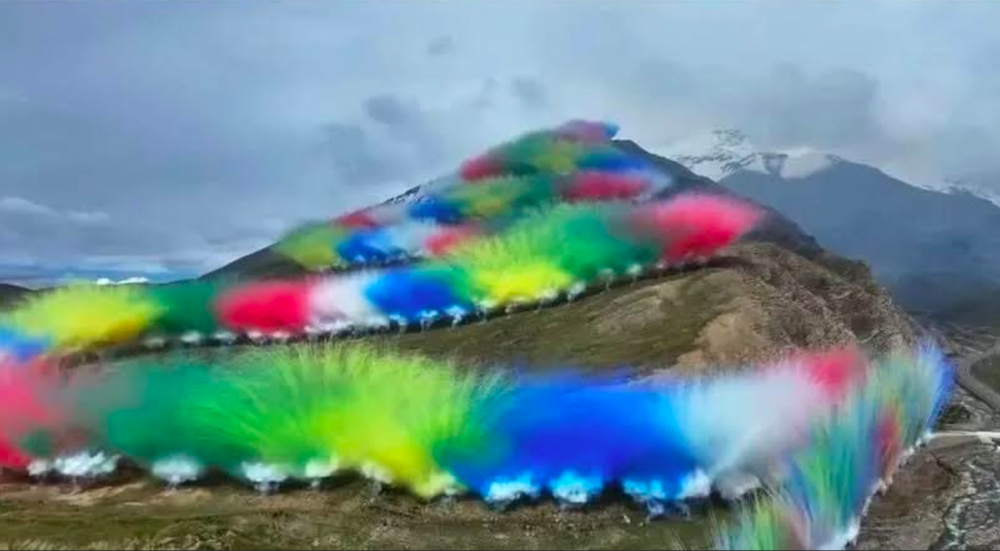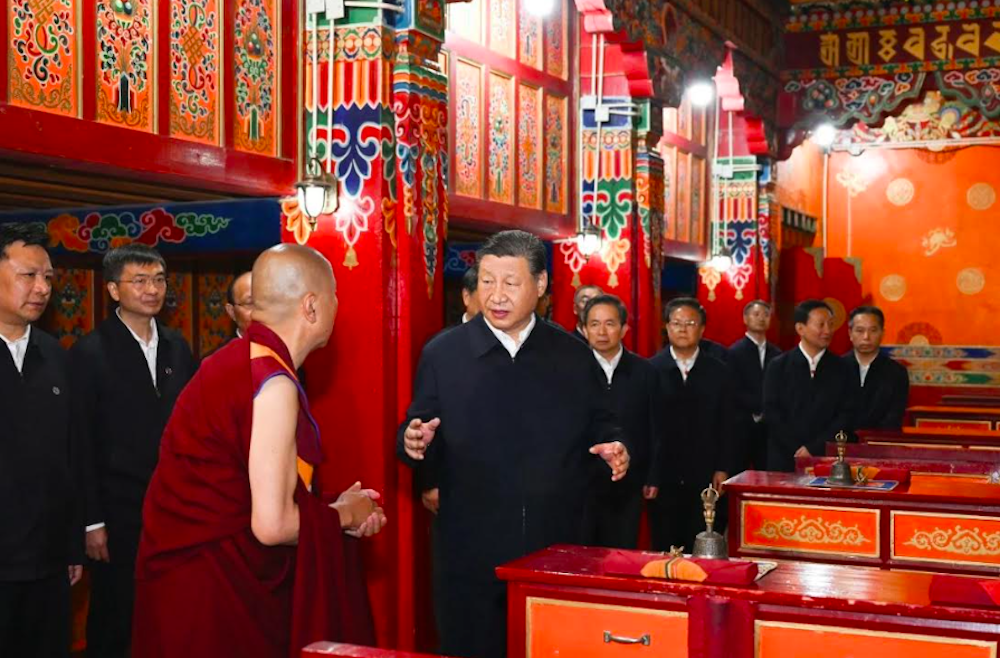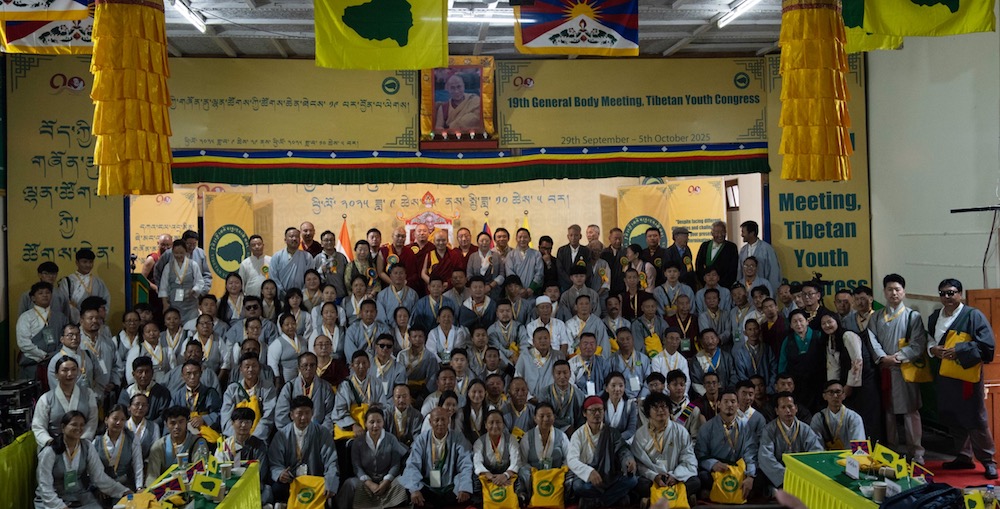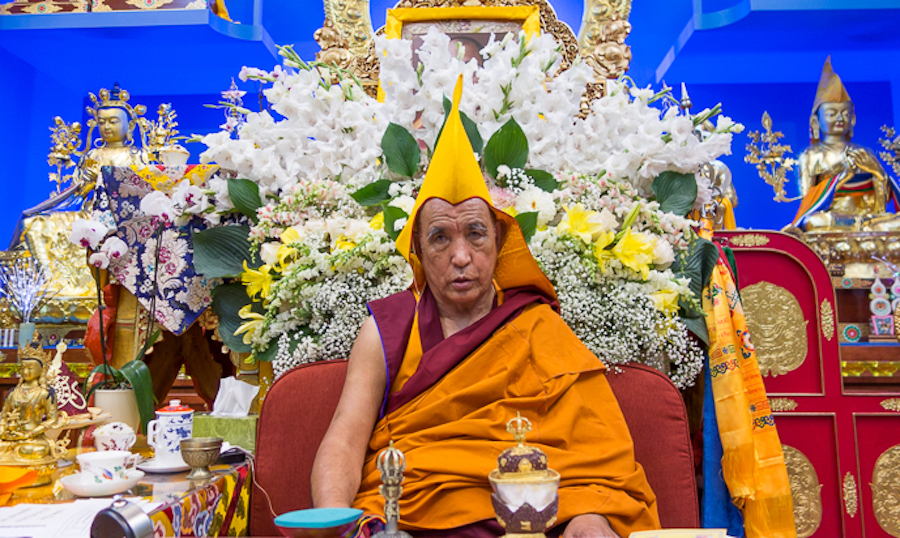Tsering Dhundup
DHARAMSHALA, May 7: The 28th Tibetan Shoton Festival in exile opened today at the Tibetan Institute of Performing Arts (TIPA) in Dharamshala, marking the beginning of a 12-day celebration of traditional Tibetan opera that will run until May 19.
This year’s festival will showcase fourteen Tibetan opera troupes from exile communities across India, Nepal, and the United States, each prepared to perform classic operas from Tibet’s rich folk heritage.
The festival will commence its roster on Thursday with Nepal’s opera troupe presenting “Life of Buddha.” Over the following days, audiences will witness a diverse array of traditional pieces, including “Chogyal Norzang”(King of Dharma Norzang) by the Chagzam and Mundgod opera troupes, “Chogyal Drimey Kundhen”(The Virtuous King Drime Kunden) by the Bhandara troupe, and “Kyipai Padma Odbar” by Kollegal and Kalimpong troupes.
Additional performances will include “Sukyi Nyima” by the Mussoorie troupe, “Nangsa Obum” by Orissa and Poanta troupes, “Jetsun Milarepa” by Upper TCV, “Gyalsa Belsa” by Chauntra TCV, and “Jachung Ngonla Dawa” by the Manavar troupe. The Bylakuppe troupe will present “Chungpo Donyod and Dondrub.” The festival will conclude on May 19 with TIPA’s performance of “Drolwa Zangmo.”
The Shoton Festival, also known as the “Yoghurt Festival,” has deep historical roots. According to one historical account, it originated in ancient India when monks observing strict monastic disciplines were served yoghurt during the full moon after months on a vegetarian diet. This tradition was later adopted in Tibet, where devotees would visit monks at Drepung Monastery after their summer retreat called “Yarne,” offering fresh milk and farm products. Another historical theory connects the festival to the 17th century enthronement ceremony of the fifth Dalai Lama as the spiritual and temporal leader of unified Tibet.
The Chinese occupation of Tibet in 1959 severely disrupted this cultural tradition, with many opera artists imprisoned and performances banned. According to the late opera master Norbu Tsering, artists were later forced to perform censored versions of traditional operas that incorporated Communist propaganda.
In exile, the Tibetan community has worked diligently to preserve this important cultural heritage. The Tibetan Institute of Performing Arts in Dharamshala has played a crucial role, establishing a curriculum in the 1970s to train young opera artists and organizing modest festivals throughout the 1980s and 1990s.
The first “Grand Shoton Festival” in exile was held in 1993 with just four troupes participating. Since then, the festival has grown significantly, with increasing participation from younger generations, ensuring this unique aspect of Tibetan culture continues to thrive despite the challenges of displacement.










